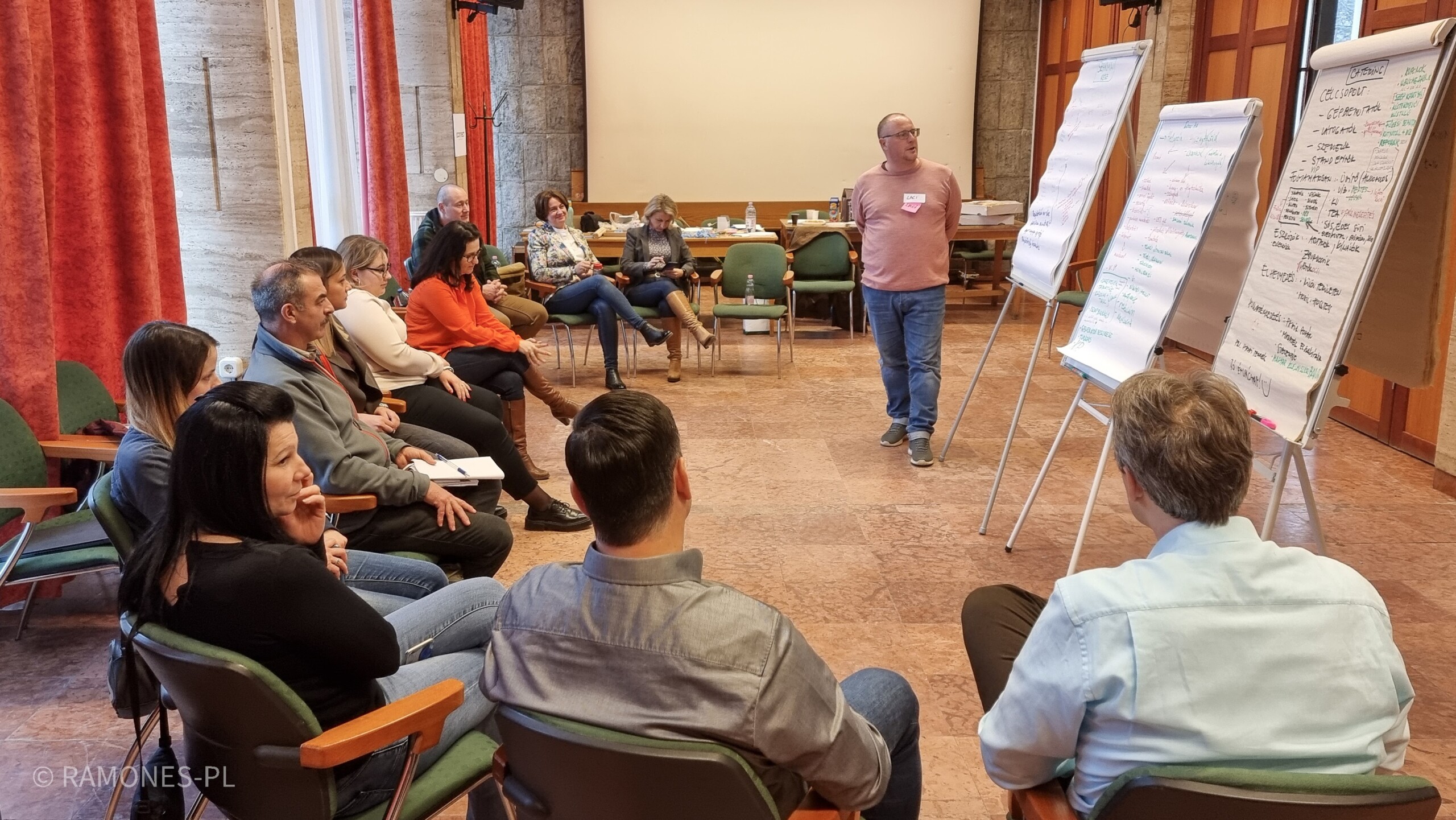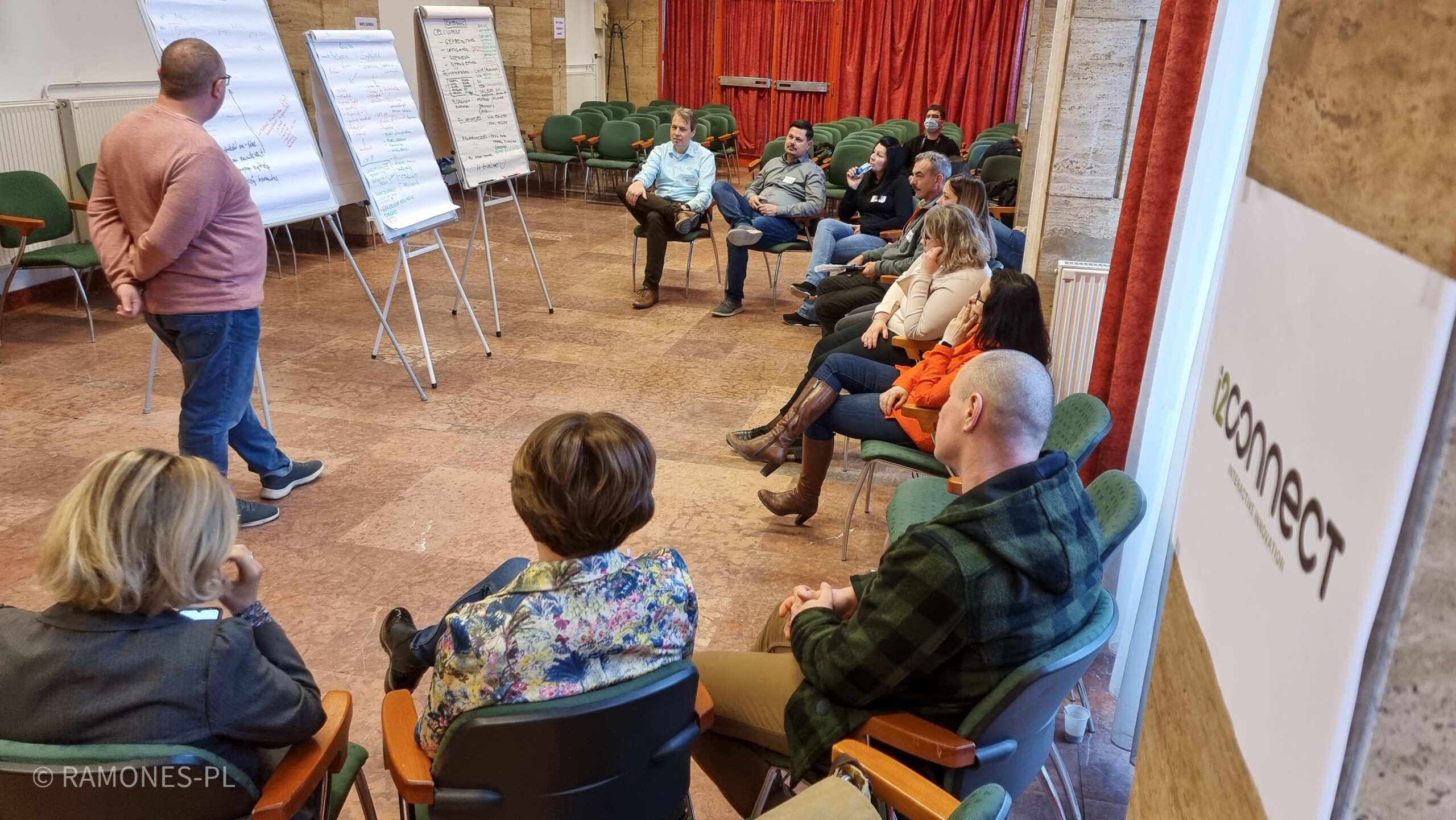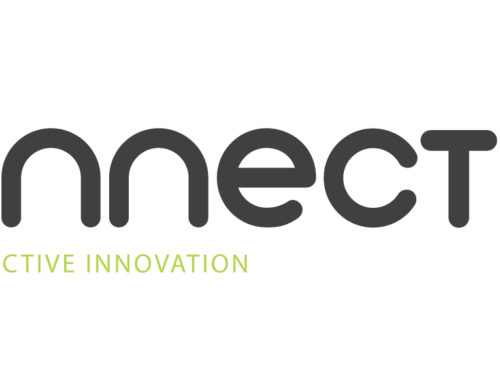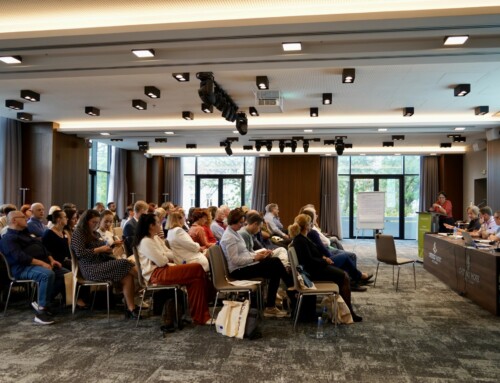Interview carried out by Carmen Avellaner (i2c Project manager) to Ágnes Jakab (knowledge transfer expert at NAK)
What is the role of NAK in i2connect?
The Hungarian Chamber of Agriculture (NAK) is a partner of i2connect role in the project is mainly to identify Hungarian “innovation advisors”, map their skills, and understand their functioning, role and identify their key competencies.
Can you tell us about the Training NAK recently organized in the framework of i2connect?
NAK organized a Training between 21 to 23 February 2022 for agricultural advisors and foresters on the topic of interactive innovation and networking (2 days on-site and 1 day online) in Gödöllő, (Hungary). A total of 16 participants of those 11 were farm advisors and 2 forester advisors fully participated in this training.
Has the “interactive innovation” concept being presented in the training?
Interactive innovation as a concept has been elaborated on and it was presented to and discussed with the advisors in the form of a “generation change” project of an imagined young farmer. We wanted to see how the advisors react to problems and what solutions they might have in this imaginative situation. It was not guided, but it was discussed afterward and put into the context of interactive innovation with the available network tools.
Who was in charge of preparing the training programme and material?
The training was facilitated by Tibor Bányai and Arnold Gór who participated at the trainers Dublin’s Train the Trainers organized in 2021 in the framework of i2connect so they could bring and transfer the knowledge learned there about the interactive processes and pass to the trainees in their own language their learnings.
Tibor Bányai is an agricultural advisor and general manager by Gazda Kontroll Ltd., the best innovative advisor of the 2021 year by the Ministry of Agriculture and NAK prize, trainer in different NAK’s trainings mainly in digitalization, registered in the NAK National Advisory Database. Arnold Gór is also a registered advisor in the NAK National Advisory Database.
What was the training content about?
During the three-day training, we worked together to find answers in particular to the following questions:
- Why are some projects earmarked for success and others for failure?
- How is this issue related to innovation and networking?
Is there any follow-up of this training?
This first training will be followed by a second training session that will take place on 21 to 23th of March, 2022 at the NAK Training Centre in Dunaharaszti (Hungary).
Could you please tell us what will be the main lines of this 2nd training?
We want to provide participants with the processes and practical applications of interactive innovation. Our aim is to provide consultants not only with theoretical knowledge but also with knowledge that can be applied in practice. The life-space theory, the innovation spiral, the circle of belonging and other topics will be introduced, and participants will be introduced to fast and effective problem-solving methods through playful exercises.
Finally, can you share with us in a few lines the feedback you got for trainees in the first training? What have they learned in the first session and why are they motivated to attend the 2nd Training?
Several advisors and other multi-actor participants (university professors, researcher, governmental colleagues, etc.) indicated that the training was very useful for them. The participants have made progress in their lives and daily work, but they have got stuck in certain areas and have learnt useful methods to move forward. Some were also able to get concrete help from the trainers and from each other, as well. For everyone, the training has brought something new, they have met people who can help each other in the future, and can co-operate with them.
What do the project participants need or expect to obtain?
Everyone wants to learn something that can be applied at work in his territory/region/location/at home. This training will help to transfer practical knowledge to the advisors, bringing researchers, trainers, governmental participants, advisors and farmers closer together. In addition, it can open up hitherto unknown areas for researchers and farmers. The advisors have a strong demand for the 6-month mentoring in the future, so we would like to set up an online platform in Hungarian (viber, WhatsApp, Facebook to be confirmed) with the Dunaharaszti participants to stay in touch and help each other to share information and knowledge between all of us.
Photos: i2c TTT training realization in Hungary (Gödöllő)




